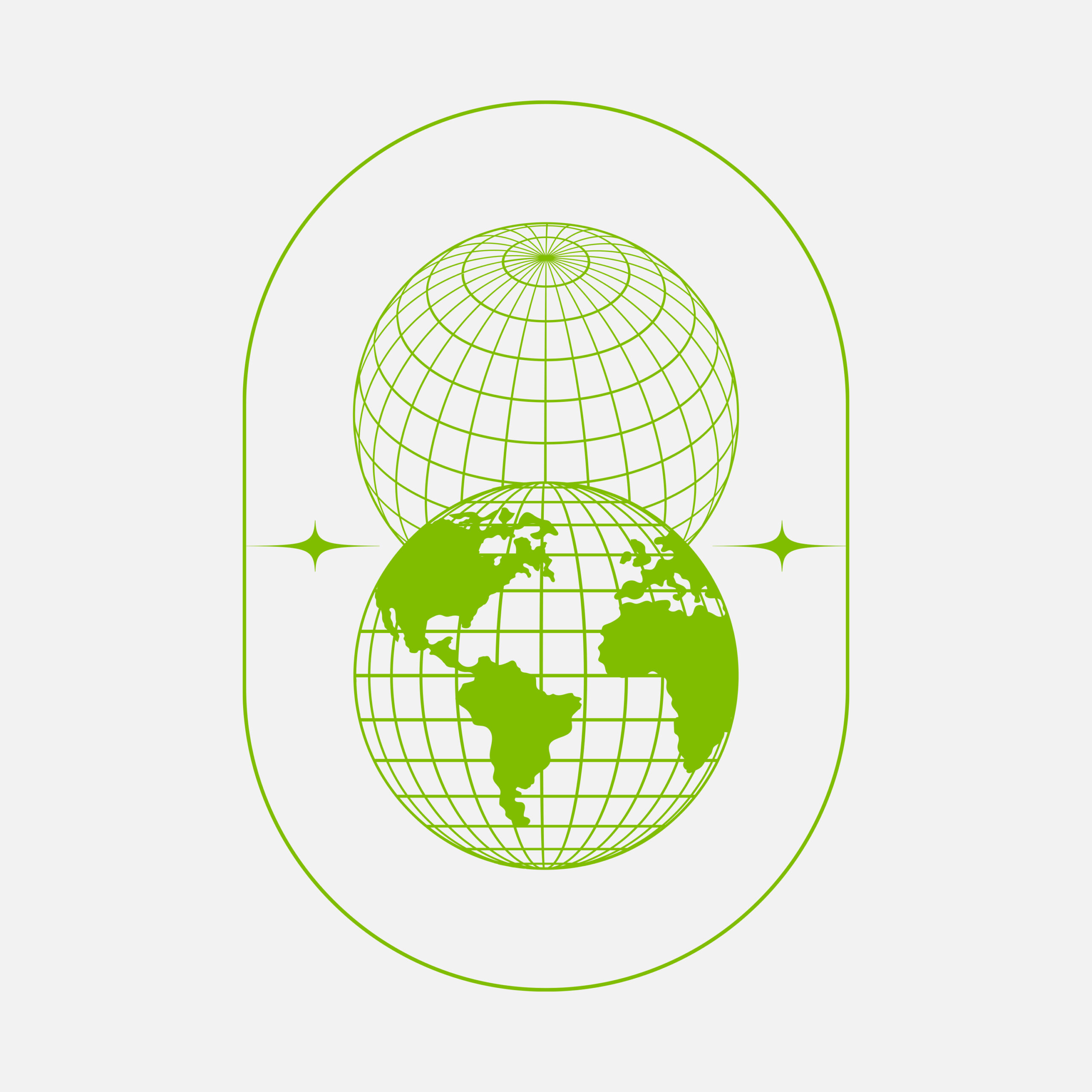What is Child Abuse?
There are many different types of abuses including but not limited to emotional abuse, physical abuse, sexual abuse, and neglect. For the purposes of this topic, we will define “child” or someone “underage” as anyone under the age of 18 and an “adult” as someone age 18 or older.
Each state in the United States has specific laws and punishments regarding these abuses. These laws outline who / what qualifies as an abuser/perpetrator, survivor/victim, how to make a report, and the definitions of injury. For more information, you may have to research specifics regarding these definitions and laws in the state/territory where you live. There is a wonderful resource called Childhelp that identifies state specific laws and reporting hotlines in the United States:
IDENTIFY ABUSE | Childhelp National Child Abuse Hotline (childhelphotline.org).



